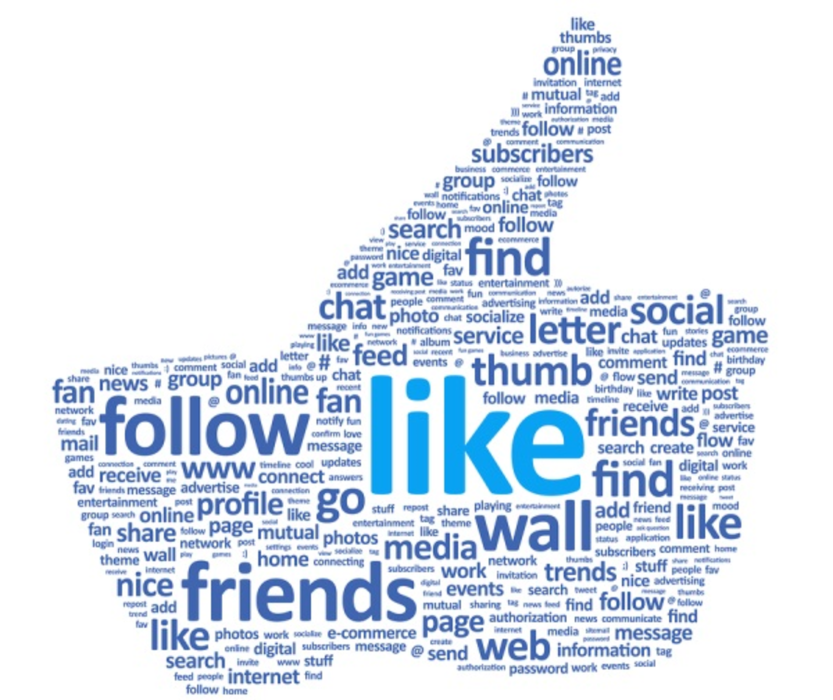Despite being difficult to measure, the growing impact of social media on brands is undeniable. In fact, analysts from Social@Ogilvy recently surveyed more than 5,500 social media users across 11 countries in an attempt to find out how brands should be using social to make a true impact on shoppers.
“Companies need to move beyond collecting likes and retweets with meaningless content,” said Thomas Crampton, global managing director at Social@Ogilvy, in a recent statement. “Through genuine interaction and content designed to connect with true advocates, companies can drive forward their brand, business, and reputation in ways not possible before this era of social media.”
The new study, fueled by online software SurveyMonkey, sheds some light on the meaning behind consumers’ social behavior and gives marketers insight into what shoppers are truly looking for from brands. The report makes a core distinction between two key groups of social media followers: sharers and brand promoters.
It defines sharers as those “who not only follow a brand but who proactively share their experiences.” Those experiences can be positive or negative. A brand promoter, however, is more emotionally invested in the company. The study defines authentic brand promoters as those “who self-identified as being extremely likely to recommend brands and products to friends.” The findings show that brand promoters are far more rare—and influential—than sharers. In the United States about 55% of respondents identified as sharers; compare that to just 19% who said they’re true brand promoters.
So how do companies go about converting sharers into brand promoters—those real, long-lasting advocates who amplify brand voice? By knowing what motivates and drives each group. Some interesting stats:
Forty-three percent of promoters in the U.S. follow brands for direct interaction with companies; just 35% of sharers do the same thing.
Forty-five percent of social media users in the U.S. who follow a brand say they have interacted directly with a brand; 72% received a response from the brand.
Thirty-one percent of promoters in the U.S. believe a brand’s reputation is important; compare that to 28% of sharers.
Promoters tend to link a brand to their personal identities; 31% say they feel better about themselves after using a brand; just 26% of sharers in the U.S. say the same.
Thirty-five percent of promoters in the U.S. say they would purchase a product if friends mention it; 24% of sharers say they would do the same.
Eighty-four percent of brand promoters say they want to hear about products, offers, or news. Thirty-six percent want to give direct feedback and 24% aim for direct interaction with an organization.
Quality is paramount. Ninety-three percent of social media users say product excellence is the reason they would be extremely likely to recommend a particular brand or product. Sixty-one percent of promoters say if quality is lacking they wouldn’t recommend a brand or product.
Sharers (84%) and promoters (66%) in the U.S. say they’ve used social media to post about a great brand experience; 71% of sharers and 47% of promoters have shared terrible brand experiences on social.
L’Oréal, Nivea, Dove, and Chanel are the brands most likely to be recommended by social media users. McDonald’s, Monsanto, and local telecom, Internet, cable, and satellite companies are the least likely.
Respondents ranked Brazil as the top promoter country; 42% of respondents in that country say they identify as brand promoters. More than a quarter (27%) of U.K. residents say they never like or follow brands.
Seventy-five percent of those surveyed in the U.S. say they like or follow a brand, product, or service on social media; not as strong as other mature markets like China (96%), Brazil (94%), and India (93%).







